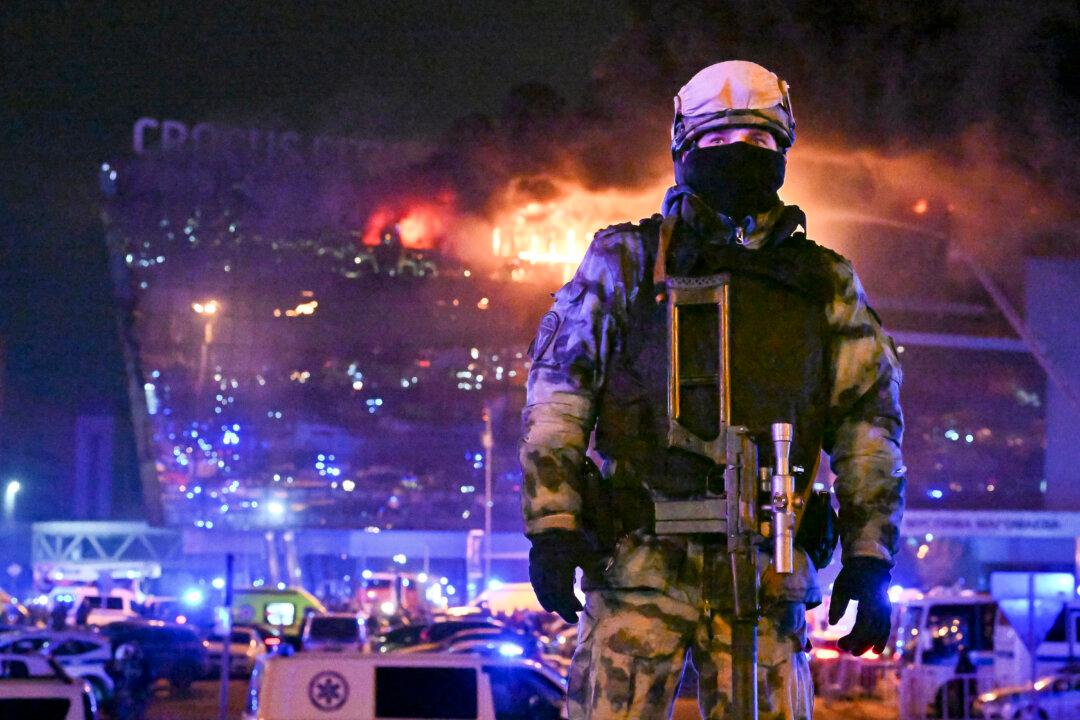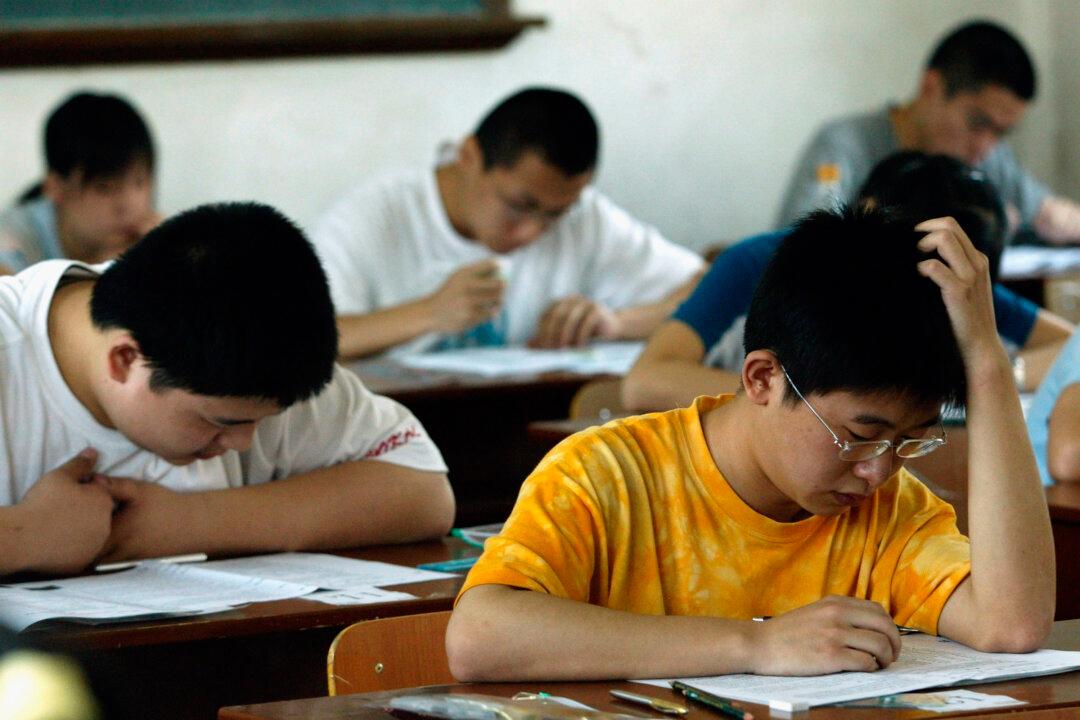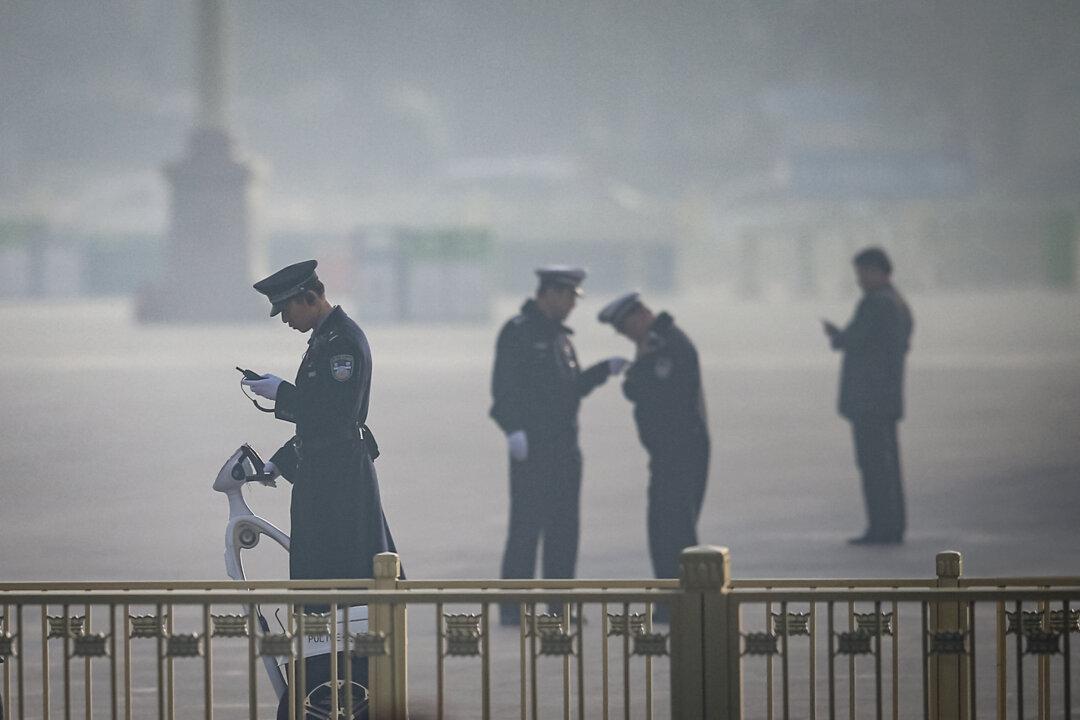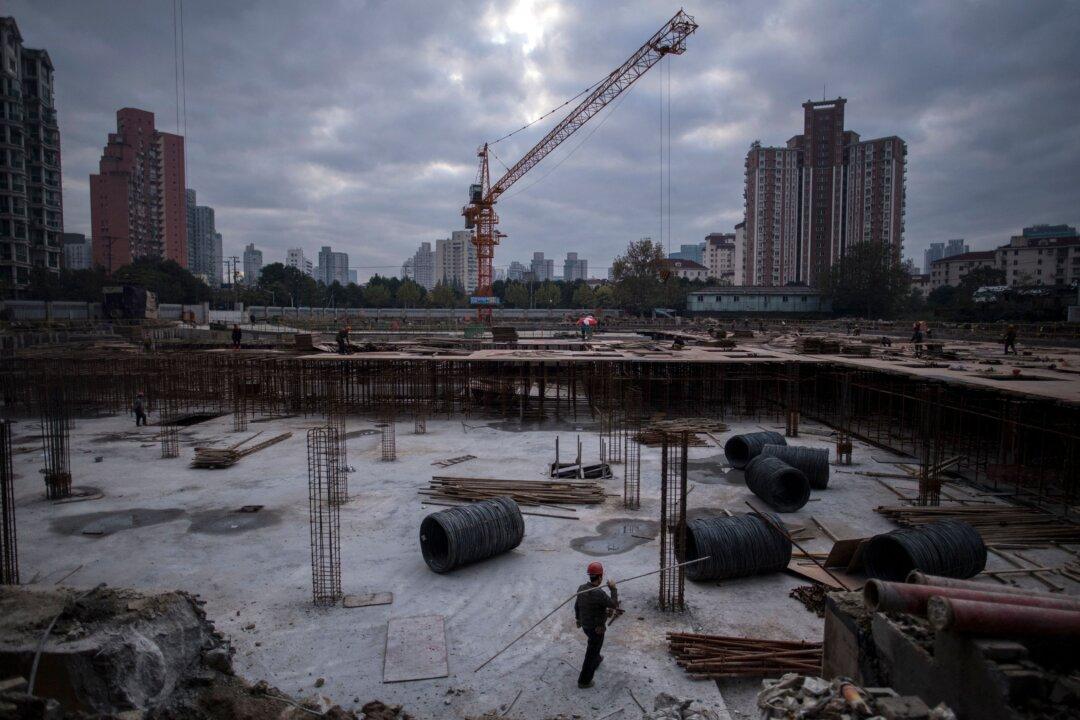On March 22, a shocking attack took place during a concert at Crocus City Hall on the outskirts of Moscow by the ISIS terrorist group. Multiple attackers opened fire, leading to 144 confirmed deaths and over 340 injuries so far, according to Russian officials.
Russia has arrested over 10 individuals, including the four attackers. So far, ISIS has claimed responsibility for the attack. However, Russian President Vladimir Putin has focused on who operated in the background, using the terrorists to orchestrate the attack.





